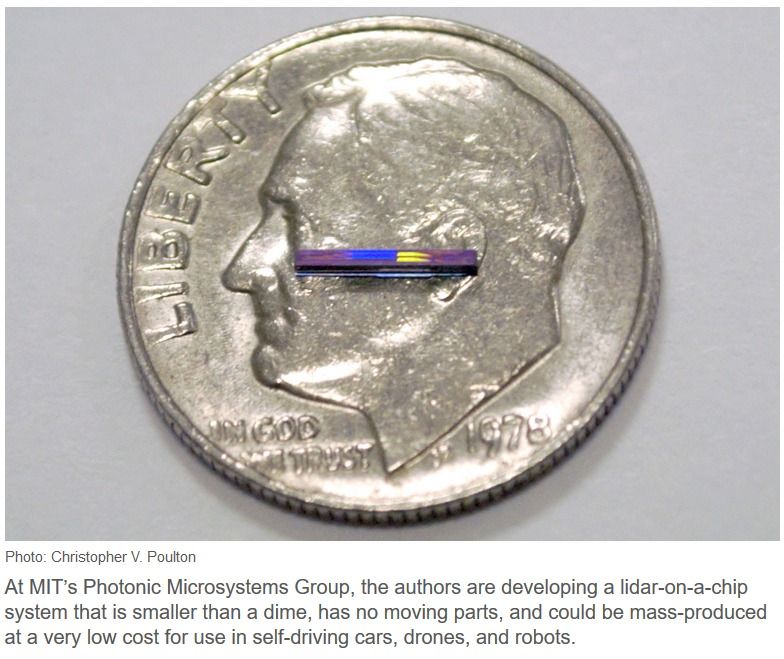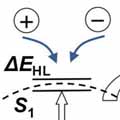
Although this is true (speed of communication via entanglement is not at the speed of light); like other early stage technologies this will also evolve and improve in time.
China recently launched a satellite to test quantum entanglement in space. It’s an interesting experiment that could lead to “hack proof” satellite communication. It’s also led to a flurry of articles claiming that quantum entanglement allows particles to communicate faster than light. Several science bloggers have noted why this is wrong, but it’s worth emphasizing again. Quantum entanglement does not allow faster than light communication.
This particular misconception is grounded in the way quantum theory is typically popularized. Quantum objects can be both particles and waves, They have a wavefunction that describes the probability of certain outcomes, and when you measure the object it “collapses” into a particular particle state. Unfortunately this Copenhagen interpretation of quantum theory glosses over much of the subtlety of quantum behavior, so when it’s applied to entanglement it seems a bit contradictory.
The most popular example of entanglement is known as the Einstein-Podolsky-Rosen (EPR) experiment. Take a system of two objects, such as photons such that their sum has a specific known outcome. Usually this is presented as their polarization or spin, such that the total must be zero. If one photon is measured to be in a +1 state, the other must be in a −1 state. Since the outcome of one photon affects the outcome of the other, the two are said to be entangled. Under the Copenhagen view, if the entangled photons are separated by a great distance (in principle, even light years apart) when you measure the state of one photon you immediately know the state of the other. In order for the wavefunction to collapse instantly the two particles must communicate faster than light, right? A popular counter-argument is that while the wavefunction does collapse faster than light (that is, it’s nonlocal) it can’t be used to send messages faster than light because the outcome is statistical.
Read more










